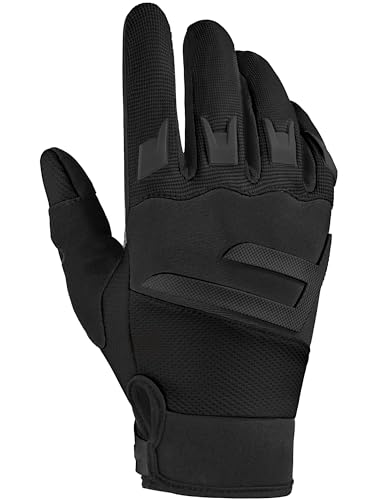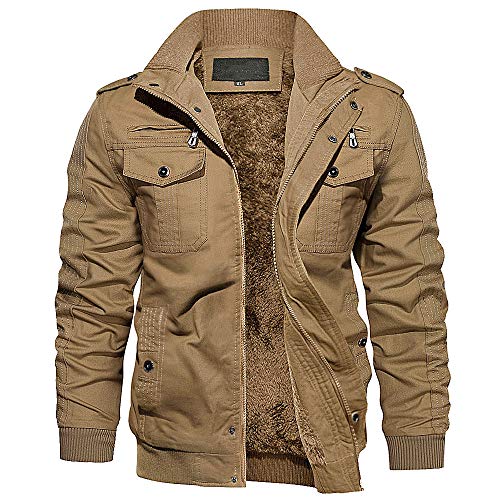I'd like to hear more stories about how ABS saved the day.
Well, ...............okay Spalkin. But just one.
Last spring on my
first FJR. ( <<Long story.)
Long sweeping on-rampto the right, up over a rise, and then down as it dumps you onto the highway.
TWO lanes.
Solid white down the center. Right lane is metered, 2 cars per green, stacked up, about 30 cars long, filling most of the ramps length, up and over.
Left lane is for carpoolers AND bikes, and sign says DO NOT STOP in this lane. Most Californians will be familiar with this scenario.
My left, "express" lane is completely clear, so I'm accelerating up the rise to merge with freeway traffic, AND being watchful for anyone even THINKING about pulling out of the right hand lane because they've just figured out they've got 2 people in the car, and they are in the wrong lane and they suck.
I'm up to about 50mph as I come up on the front of the line stopped at the light. And -----you guessed it. This car was about the 3rd one from the front, at a dead stop, and BANG! she cranks her wheel hard left(of course no signal) and yanks her car across the wide, freshly painted, solid white friggin' line, just as I'm coming up on her.
I had the front covered, and grabbed it probably too hard, while hustling my foot to the rear brake. I
still would have hit her, had I not veered onto the debris covered left shoulder as I came up beside her. And there wasn't much shoulder, and a signpost right there, and I've almost emptied my bladder as I realize I'll probably survive this, and go on by her, thumbing my teenie, high-pitched, barely audible, stock horn, and of course gesturing back as I accelerate again to merge into speeding traffic.
I'm certain that without ABS, I'd have gone under her, over her, or through her back window. I'm certain I'd have locked up both, gone out of control, and had a really bad day. But neither wheel locked or skidded, and I maintained control of the bike, if not my bodily functions. I love ABS. Really.
Okay, going to take a ride out and look at the Pacific Ocean. Happy Saturday all.































































